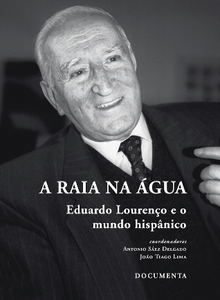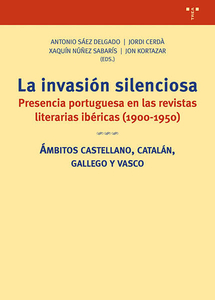The action aims to analyze the translation of poetry between the various Iberian literary systems throughout the twentieth century, assuming it as a particularly significant cultural index, because it allows, adopting a transnational perspective, to observe aspects, authors, texts and dynamics that the national canons usually omit.
This is the case, of course, of translation itself as a practice sidelined by national histories. An analysis of existing translations is already in itself a way of revealing little-studied authors and perspectives, and the scrutiny of non-existent translations will highlight the historical and/or ideological conditioning factors of a given moment. In fact, as discursive rewriting and manipulation, translation is a particularly fertile territory in which to investigate dominant ideologies, whether in terms of the selection of translated texts and authors, as indicators of the powers and representations in vogue, be they political, institutional, market, racial, gender or class-based; or in terms of the creation and strengthening of alternative networks to the aforementioned powers, which find in translation an important strategy for strengthening and visibility; or in terms of analyzing translation options and strategies in this light.
Particularly significant in this context is the translation of poetry, which, having modernly reclaimed its marginal status from the dominant socio-economic dictates as an angle of criticism, still retains a certain symbolic capital, prestige, or aura that makes it permeable to the aforementioned powers and ideological constraints.
We intend, therefore, to approach and analyze the existing translations of poetry among the various Peninsular languages, identifying who translates, what is translated, why it is translated and how it is translated.
Our goals for this year are to hold an International Conference in September, with the participation of members of the research team, as well as to prepare the publication of a volume of critical essays on this subject, to be published in 2024.
________________________
Coordinator
Miguel Filipe Mochila (U. Porto Rico)
________________________
Research Team
Ângela Fernandes (U. Lisboa, Portugal)
Antonio Rivero Machina (U. Extremadura, Espanha)
Esther Gimeno Ugalde (U. Viena, Áustria)
Guadalupe Nieto (U. Extremadura, Espanha)
Isaac Lourido (U. Corunha, Espanha)
Jesús Revelles Esquirol (U. Ilhas Baleares, Espanha)
Miguel Filipe Mochila (U. Porto Rico)
Rebeca Hernández (U. Salamanca, Espanha)
Robert Newcomb (U. Califórnia-Davis, EUA)
Santiago Pérez Isasi (U. Lisboa, Portugal)























